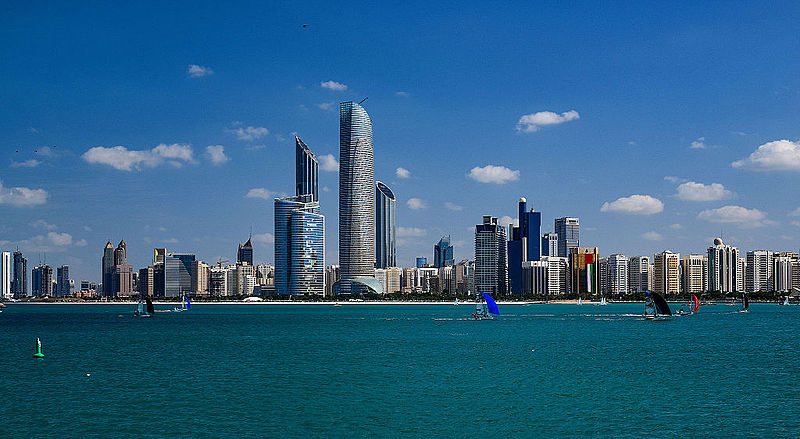
The creation of this business registry is expected to simplify and speed up the registration process for both local and international companies seeking to operate in Abu Dhabi. The move is aligned with the emirate's long-term goals of fostering a more business-friendly environment, encouraging investment, and boosting the private sector's contribution to the economy. The new registry centralizes multiple government services into one platform, making it easier for entrepreneurs and established companies alike to navigate the administrative requirements of setting up a business in the emirate.
The centralization of business registration is just one piece of Abu Dhabi’s broader strategy to position itself as a hub for innovation, technology, and clean energy, as it moves away from the petroleum industry. This initiative follows the government's commitment to Vision 2030, a plan to diversify the economy and reduce its dependency on oil revenues. By making the registration process more accessible, Abu Dhabi hopes to attract new business ventures, particularly in industries such as technology, renewable energy, and finance.
Alongside the launch of the Abu Dhabi Registration Authority, the emirate has introduced a number of initiatives to enhance its competitiveness on the global stage. This includes offering tax incentives, streamlining licensing procedures, and promoting strategic sectors such as advanced manufacturing, artificial intelligence, and green technology. In addition, Abu Dhabi has been investing heavily in infrastructure, aiming to create a modern and sustainable urban environment that supports innovation and economic growth.
The central business registry is part of the UAE’s ongoing efforts to reform its business environment. It addresses longstanding challenges such as bureaucratic inefficiencies and the complexity of navigating multiple governmental agencies for different permits and licenses. Entrepreneurs and business owners can now access a centralized platform that will provide them with all the necessary tools and information to set up their businesses quickly and efficiently. The government’s focus on innovation and ease of doing business is intended to solidify Abu Dhabi's position as a competitive global business hub.
Abu Dhabi’s shift towards a non-oil-based economy has already gained traction in several sectors, with new industries taking root in the city. In particular, the technology sector has flourished, with numerous startups and tech giants setting up operations in the emirate. The focus on clean energy and sustainability has also seen a rise in renewable energy projects, with Abu Dhabi becoming a key player in the global clean energy transition. The UAE's commitment to the Paris Agreement on climate change is reflected in its domestic policies, which prioritize energy efficiency and environmental sustainability.
The UAE government has recognized the importance of fostering a robust private sector as the key driver of future economic growth. With oil prices remaining volatile, diversification efforts are more important than ever for ensuring long-term economic stability. By making it easier for businesses to operate in Abu Dhabi, the government is sending a clear message that the emirate is open for business in industries beyond oil. This marks a significant shift in both economic policy and long-term strategy.
The introduction of the Abu Dhabi Registration Authority has already been welcomed by the business community, who view it as a sign of the government’s commitment to reducing red tape and making the emirate more attractive to foreign investment. The initiative aligns with similar efforts in other parts of the UAE, such as Dubai, which has also introduced reforms aimed at simplifying business processes and attracting global investment.
However, the success of these initiatives will depend on the continued support of both the government and private sector. Business leaders will be looking for sustained reforms and policies that encourage innovation and ensure a level playing field for all companies. While the new registry is an important first step, long-term success will require a continued commitment to economic diversification, investment in human capital, and the creation of a supportive ecosystem for businesses to thrive.
Topics
UAE
